Have you noticed how difficult it can be to motivate your gifted students? Gifted students can sometimes be the ones who are struggling in your classroom. Project-based learning (PBL) can offer several benefits to gifted students and unlock their full potential. While most gifted students often excel in traditional academic settings, PBL can provide them with opportunities for deeper learning, creativity, and advanced skills.
Here are some of the benefits of using PBL with gifted students:
1. Real-world Application
PBL tasks often involve solving real-world problems or engaging in authentic projects. This can appeal to gifted students who may be motivated by the opportunity to impact the world or address more complex issues. Find topics that appeal to their age and interests. Some examples are Open a Food Truck or Plan a Summer Camp.
2. In-Depth Exploration
PBL allows gifted students to delve deeply into a topic of interest. This is a great opportunity for gifted students to take on projects individually or as a small group. They can explore subjects at an advanced level and develop expertise in areas they are passionate about. Give students an opportunity to use voice and choice in their learning. They may want to explore other areas about the topic. Examples include Save Our Oceans, Save Our Monarchs, Save Our Honey Bees.
3. Critical Thinking
PBL encourages critical thinking, problem-solving, and decision-making skills. Gifted students can apply their analytical abilities to complex challenges, which can help them develop these skills even further. Give your gifted students an opportunity to reflect on their learning through journaling or discussion. Your gifted students can use their leadership skills to lead the discussions.
4. Collaboration
Gifted students often have difficulty working with others. PBL frequently involves collaborative work, which can benefit gifted students by exposing them to diverse perspectives and teamwork. This can be especially valuable for those who may be more accustomed to working independently.
5. Creativity and Innovation
Gifted students often possess high levels of creativity. PBL projects can tap into their creative potential, allowing them to design innovative solutions, products, or works of art.
6. Self-Directed Learning
PBL promotes self-directed learning, which can be well-suited to gifted students who are often intrinsically motivated. They can take charge of their learning, set goals, and manage their time effectively. Design separate rubrics that cater to them and their individual learning styles.
7. Deeper Understanding
Many gifted students look at the world through a different lens. Through PBL, gifted students can gain a deeper and more holistic understanding of a subject. They are not limited to surface-level memorization but can connect concepts and apply them in practical ways. Gifted students may take a personal interest in issues about their community; an example may involve the homeless. In my unit Build a Sustainable Community for the Homeless, gifted students can work side by side with community leaders to help solve the problem.
8. Authentic Assessment
PBL often incorporates authentic assessment methods, such as presentations, demonstrations, or products. These assessments align better with the abilities of gifted students and provide a more accurate representation of their learning than traditional tests. When integrating STEM into the project, gifted students can use their creativity to create their final product for their presentations. Design a Mini-Golf Course PBL unit that involves STEM and covers academic skills.
9. Personalization
PBL allows for personalized learning experiences. Gifted students can choose projects that align with their interests and strengths, enabling them to tailor their educational journey to their individual needs. Use my PBL Digital Interactive Notebook, students can use this as a guide through the process.
10. Motivation, Engagement and Emotional Growth
PBL is often more engaging and motivating for gifted students than traditional
classroom instruction. It can help prevent boredom and burnout by offering challenging and meaningful tasks. PBL can also support the emotional growth of gifted students. It can teach them resilience, patience, and the ability to handle setbacks and failures, which are essential life skills.
It's important to note that while PBL can be highly beneficial for gifted students, it should be implemented with care and attention to their specific needs and abilities. Teachers and educators should provide appropriate support and guidance to ensure that gifted students can fully maximize the advantages of PBL.










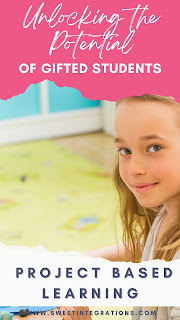

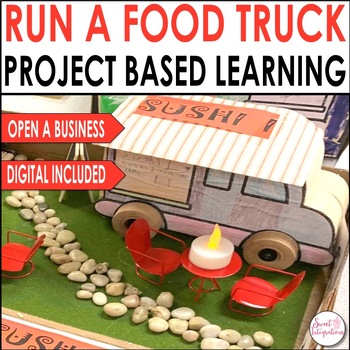

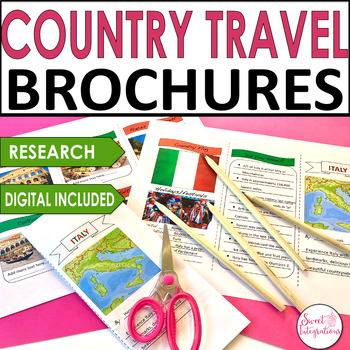



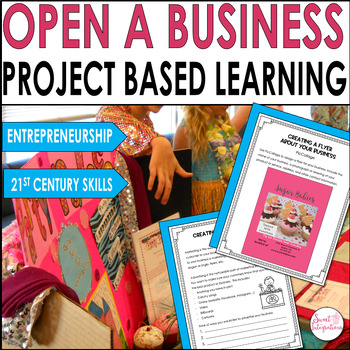

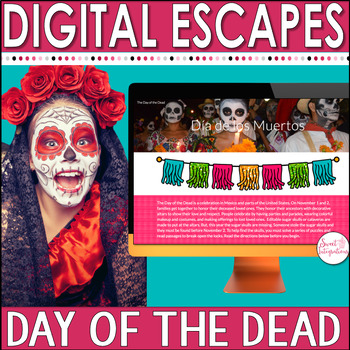
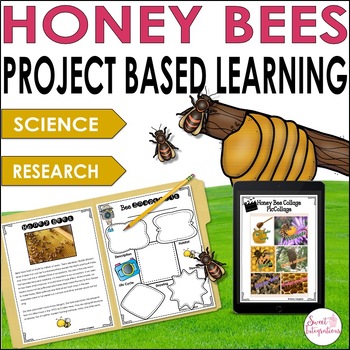



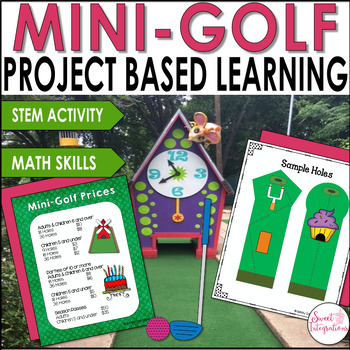
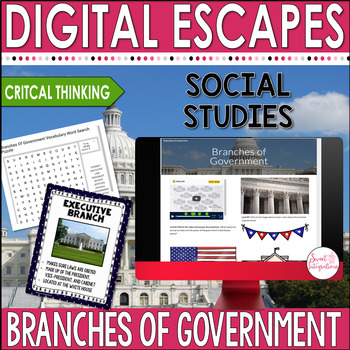

No comments